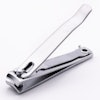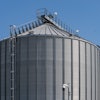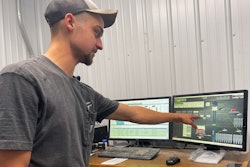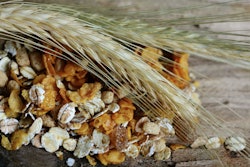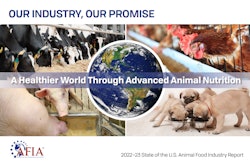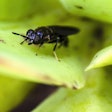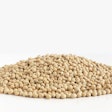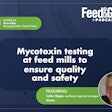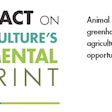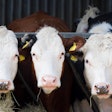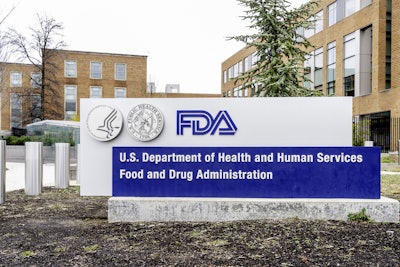
The U.S. animal feed industry has made progress with theU.S. Food and Drug Administration(FDA) toward gaining regulatory approval for more feed ingredients, according to Leah Wilkinson, vice president of public policy and education at theAmerican Feed Industry Association(AFIA).
Wilkinson spoke September 12 at the AFIA's Liquid Feed Symposium in Louisville, Kentucky.
She said the process started when the AFIA asked the FDA’s Center for Veterinary Medicine (CVM) to modify CVM Guide 1240.3605 to allow for the establishment of a policy for products that act solely in the digestive tract and affect the byproducts of the digestive process to be regulated as food, and for alignment with the regulation of structure/function and health claims in developed countries.
In October 2022,FDA held a public listening sessionand heard from the animal feed industry and other stakeholders about whether they also wanted this policy change. In spring 2023, FDA came back to the industry with two potential changes.
The first would be, through policy change, nutritive products (products providing taste, nutrition or aroma) would be able to make animal production marketing claims using those products as long as they have gone through a food additive petition, generally recognized as safe (GRAS) notification or theAssociation of American Feed Control Officials(AAFCO) approval process.
“That’s working its way through the policy process,” she said. “We hope by the end of the year, we’re going to have that official decision and they’re going to lay out a path for how we can go about making these claims. … That right there is a huge win for our industry to be able to have that going forward.”
The second potential change would require legislation by Congress to enable marketing claims for non-nutritive products. This means Congress would need to establish a new category of food under the Federal Food, Drug and Cosmetic Act for what FDA calls zootechnical animal food substances.
“This would allow our industry a pathway to bring those non-nutritive products into the marketplace, because, right now, FDA would say those non-nutritive products have to be regulated as an animal drug,” Wilkinson said.
This conversation between the AFIA, the feed industry and FDA has resulted in Senate Bill 1842, theInnovative FEED Act, which was introduced in June. The bill is now attached to the Animal Drug User Fee Act (ADUFA) in the Senate, which establishes the payment schedule for drug sponsors and how they get new animal drugs approved. The Innovative FEED Act is not included in the House version of ADUFA.
“So now, it's the fact of what possible paths are there for Congress to take this piece of legislation and move it forward,” Wilkinson said. “There will be some appropriations and likely a continuing resolution that has to happen. There are other user fee bills like ADUFA that have to pass, maybe there's a package of all of those user fee bills. So AFIA and our other stakeholders are working to make sure that they take the Senate version, because that's the one we want because it has our piece of legislation in it.”

